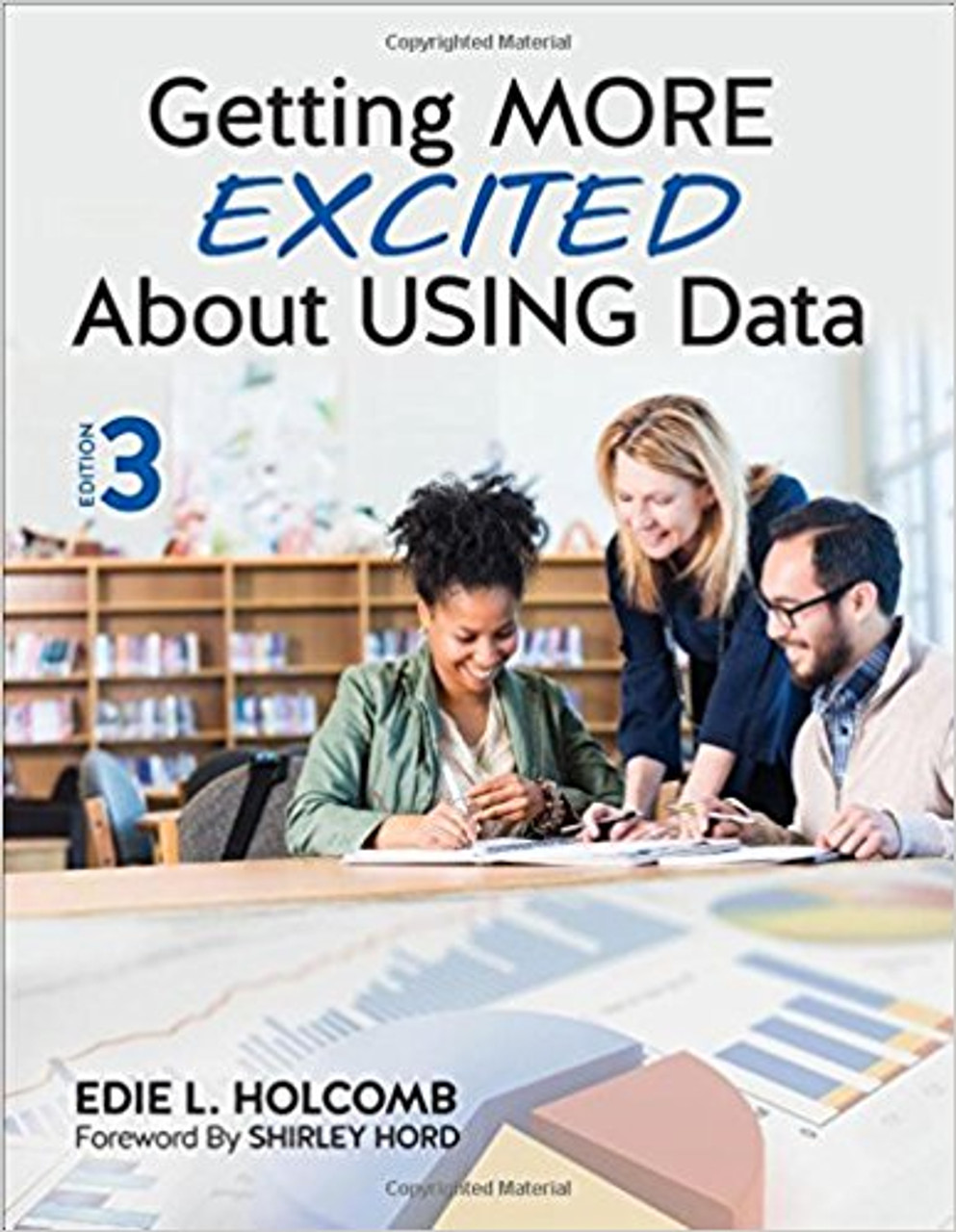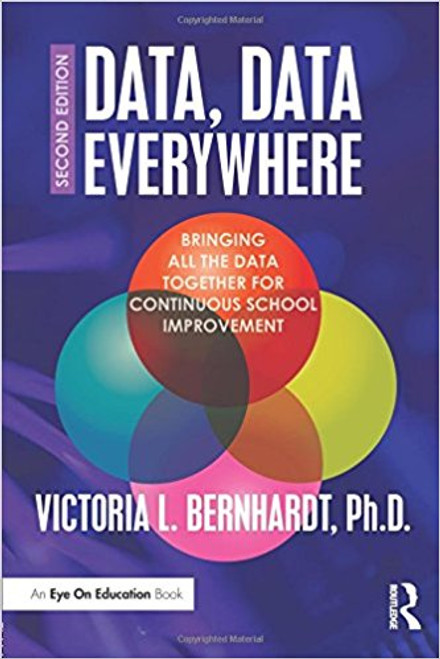Product Description
Have you become hyper-focused on state tests? Do you have important data collected, warehoused, and gathering dust? The time has come to dust off that data and put it to work for your students.
The new reporting requirements under ESSA, combined with the flexibility to act on that data, provide a huge opportunity for education leaders. This is your opportunity to rebuild data processes and rekindle excitement about using data for school and student growth. Getting MORE Excited About USING Data addresses both cultural and technical aspects of using data, starting with underlying beliefs about students, assessment, and individual and collective teacher efficacy. This updated edition features:
- Guiding questions and protocols for effective professional learning communities, shared leadership teams and subject/grade teaching teams
- New material on the use of formative assessment in schoolwide planning and instructional design
- Renewed focus on the role of students
- Tips on the electronic challenges of storage, retrieval, privacy and security
- Real-life examples from schools and districts ranging from specific data displays to sustained, long-term change
The straightforward language, adaptable models, and focus on human elements make Getting MORE Excited about USING Data an essential resource for every leader. The time is now to use data to establish a collaborative culture with student success at its core.
Key Features:
- Frequent references to changes in the law and their potential to redirect our focus and improve our outlook
- Realities of how NCLB affected teachers – from fears of sanctions on their schools to use of test scores to evaluate their performance and in turn threaten their employment, which for most is also their mission in life
- New material on tender morale issues – teacher sense of efficacy individually, collective sense of efficacy throughout a school, and cultures of trust – critically important for the adults and linked by evidence to student learning
- Identification of technological advances that facilitate use of data, along with needed steps to counter the realities of threats to privacy and security
- A more inclusive approach to discussions of leadership – shared, distributed, at all levels, drawing on personal influence as well as position power
- Refined descriptions of the work of Shared Leadership Teams and Data Teams, with an entire new section on the use of data in Teaching Teams
- Attention to the concepts and balance of formative, benchmark, and summative assessments and their appropriate uses in school-wide planning and instructional design
- Increased attention to the role of students – resurrecting other sources of data that reflect the whole child and engaging students with their own data
- Updated sources of best (evidence-based) practices
- Redefined roles of the central office in support of schools
- Use of data to differentiate professional development among schools and individual teachers, and the positive impact that teacher evaluation rubrics could provide
- New tools for team productivity, including the use of norms and protocols
- Current case studies from a diverse set of schools not present in former edition







